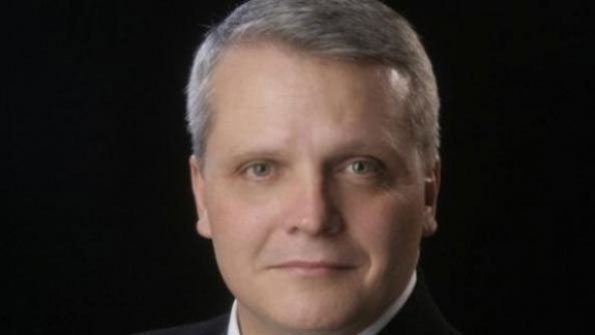FirstNet begins regional workshop tour this week
FirstNet will conduct a series of two-day workshops throughout the country for officials from states, tribes and territories to get their input on the much-anticipated nationwide broadband network for first responders, with the first workshop beginning tomorrow in the Washington, D.C. area.
“Our regional meetings are going to be an important part of our listening tour,” FirstNet board member Jeff Johnson said during an interview with Urgent Communications. “At those regional meetings, we’re going to be talking to those states, territories and commonwealths about the kind of information that we’re hoping to hear that will help us build a more effective solution to them.
“Of course, that information will be aggregated and—along with all of our initial assessments—will be poured into what eventually will become a business plan.”
During the first two-day workshop in Washington, D.C., FirstNet personnel will meet with representatives from the states of Delaware, Kentucky, Maryland, Pennsylvania, Virginia and West Virginia, as well officials from the District of Columbia, Puerto Rico and the U.S. Virgin Islands.
In a release announcing the regional meetings, FirstNet noted that the regional groupings for the consultation tour were established only for travel and logistical purposes and “do not imply any permanent regional breakdown for FirstNet.”
Five additional regional workshops have been scheduled on a weekly basis, with a one-week break during the first week of June, when the FirstNet board will conduct its regular meeting in Colorado in coordination with a conference hosted by the Public Safety Communication Research (PSCR) program. Following is a list of the other regional workshops that have been scheduled (locations are in parenthesis, and participating jurisdictions are listed).
- May 21-22 (Denver): Colorado, Kansas, Montana, Nebraska, New Mexico, North Dakota, South Dakota, Utah, and Wyoming.
- May 29-30 (San Francisco): Alaska, American Samoa, Arizona, California, Guam, Hawaii, Idaho, Nevada, North Mariana Islands, Oregon, and Washington.
- June 12-13 (St. Louis):Illinois, Indiana, Iowa, Michigan, Minnesota, Missouri, Ohio and Wisconsin.
- June 19-20 (Boston):Connecticut, Maine, Massachusetts, New Hampshire, New Jersey, New York, Rhode Island and Vermont.
- June 26-27 (Memphis, Tenn.):Alabama, Arkansas, Florida, Georgia, Louisiana, Mississippi, North Carolina, Oklahoma, South Carolina, Tennessee and Texas.
“Our goal is to deliver high-speed data services to millions of public-safety users to help them save more lives, solve crimes faster and keep our communities safer,” FirstNet General Manager Bill D’Agostino said in a statement. “Consultations are an essential step in building working relationships between FirstNet and the thousands of people who are stakeholders in its success. These meetings will provide valuable opportunities to listen and work collaboratively to build the first public-safety-grade LTE network.”
In addition to the regional meetings, FirstNet plans to meet individually with officials from each state during the consultation process this summer. Johnson said the input gathered during the consultation process will be combined with the research work being conducted by the FirstNet engineering team to develop a network plan that can be released as early as this fall.
“I think we’ll actually have some pretty solid conclusions by Oct. 1,” Johnson told Urgent Communications. “I know that what we hear during the state listening tour must be poured into the network concept by Aug. 1. Between Aug. 1 and Oct. 1, that’s the period we’re really hoping will be the [development of the] plan of what we know, what we’ve harvested out of the industry, and what we’ve harvested in listening to the states and territories.”
FirstNet’s outreach efforts will not be limited to these meetings with states and territories, Johnson said. One request for information (RFI) was released in April, and many more RFI proceedings addressing various issues associated with the broadband network will be conducted during the coming months, he said.
“We anticipate not only the one, but 16 additional points of listening through RFIs in the pretty immediate future,” Johnson said. “Anybody—from vendors to users to partners—will all have an opportunity to provide us structured feedback in that regard, in addition to all of our outreach tools.”














